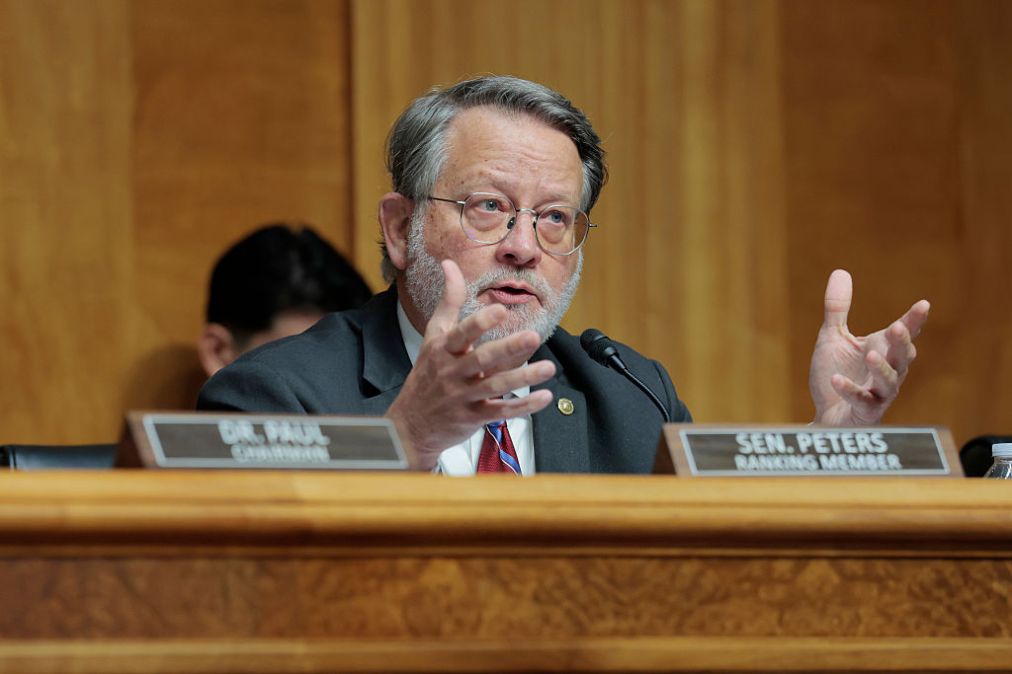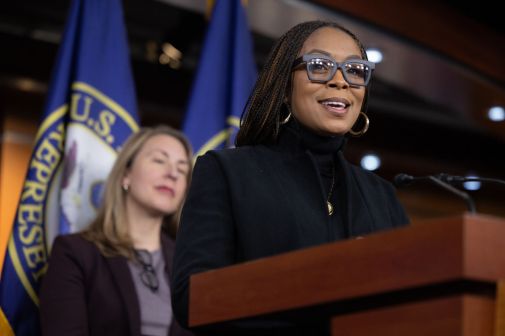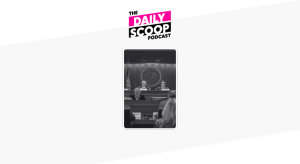Bill to overhaul federal software buying gets another shot in the Senate

Congress has better agency software buying practices in its sights once again, with a bipartisan group of six senators reintroducing a bill Wednesday that would strengthen federal oversight and management of such purchases.
The Strengthening Agency Management and Oversight of Software Assets (SAMOSA) Act, which would require independent assessments of federal software licensing agreements and call on agencies to develop cost-savings plans, has been a priority for tech-minded lawmakers and top IT and software trade groups for most of this decade.
“By improving how the federal government tracks and manages software purchases, this bipartisan bill will help save taxpayer dollars, strengthen cybersecurity, and promote innovative government operations,” Sen. Gary Peters, D-Mich., ranking member of the chamber’s Homeland Security and Governmental Affairs Committee and lead sponsor of the bill, said in a statement. “This commonsense approach ensures agencies can make needed upgrades to better serve the American people while reducing wasteful spending.”
Sen. Joni Ernst, R-Iowa, another co-sponsor, said in a statement that “the federal government’s ancient computers and outdated, noncompetitive bidding process for software contracts cost taxpayers hundreds of millions every year. Through the SAMOSA Act, we can bring Washington out of the Stone Age and into the 21st century to save Americans’ hard-earned tax dollars. Let’s pass this bipartisan bill to force federal agencies to take commonsense steps when purchasing software.”
Sens. Bill Cassidy, R-La., James Lankford, R-Okla., Ron Wyden, D-Ore., and Thom Tillis, R-N.C., are the other co-sponsors.
The SAMOSA Act passed the House last December but ultimately stalled out in the Senate. Reps. Nancy Mace, R-S.C., April McClain Delaney, D-Md., Pat Fallon, R-Texas, Gerry Connolly, D-Va. — before his passing — re-upped the bill in March, and the Democrats’ top HSGAC aide signaled that a Senate redo was in the works.
The effort to overhaul federal software purchasing uses the 2016 MEGABYTE Act from Peters and Cassidy as a blueprint. That legislation, according to a press release from Peters’ staff, has “saved taxpayers more than $4 billion by reducing duplicative software purchases and improving software management practices.” The lawmakers estimate that the SAMOSA Act could generate another $750 million in savings annually.
The bill, which calls on agencies to share their software-buying assessments with Congress, the Office of Management and Budget and the General Services Administration, is also aimed at strengthening competition for government software contracts — a provision that no doubt appeals to the collection of tech trade groups that back the legislation.
“A comprehensive overview of federal software licensing will increase agency coordination and help realize new ways to advance projects, which directly benefit U.S. taxpayers,” Brian McMillan, vice president of federal affairs for the Computer & Communications Industry Association, said in a statement. “We encourage policymakers to recognize the far-reaching positive impacts of this bill.”
The legislation should also aid agencies in their collective “ability to adopt modern, secure cloud-based technologies by reforming software procurement practices,” according to Ross Nodurft, executive director of Alliance for Digital Innovation.
“This legislation will make government IT procurement more efficient and more cost effective while improving cybersecurity and the digital services available to American citizens,” he added.
In addition to CCIA and the Alliance for Digital Innovation, the bill is backed by the Coalition for Fair Software Licensing, NetChoice, OpenPolicy and the Software Information Industry Association. The groups sent a letter to Peters and HSGAC Chair Rand Paul, R-Ky., in support of the legislation Wednesday.
This story was updated June 5 with a link to the tech groups’ letter to Peters and Paul.






